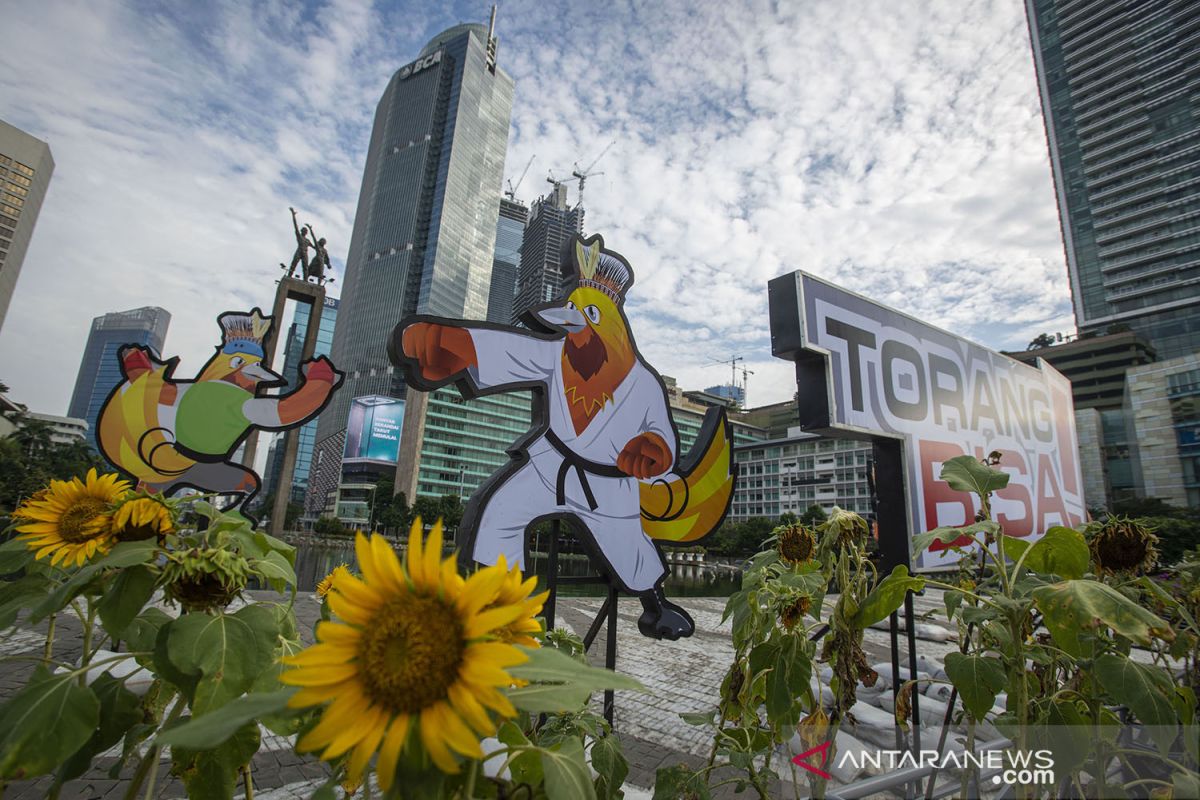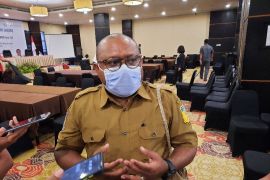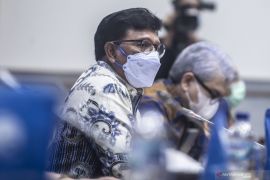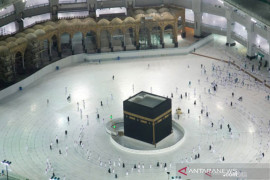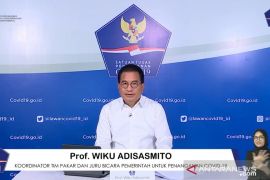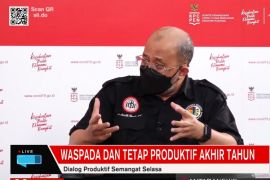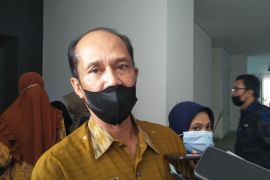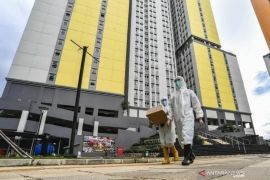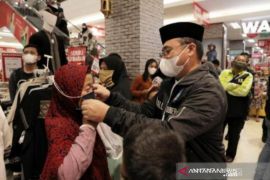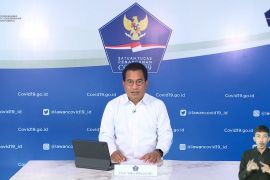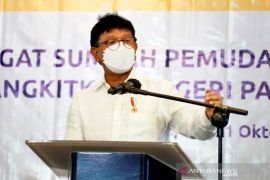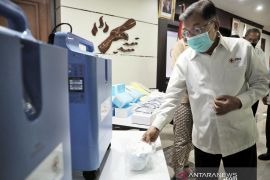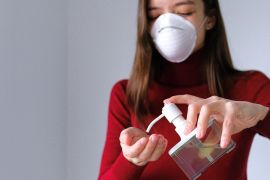The last event to be postponed was the FIFA Asia Cup, which was scheduled to take place from August 17 to 29, 2021. In December last year, FIFA cancelled plans to host the U-20 World Cup in Indonesia, and pushed the event back to 2023.
Though sports fans were saddened and disappointed by the measures, they were necessary in order to protect the public from COVID-19, given the hike in the number of infections sometimes and the low vaccination rate. Lately, the situation has changed, with the government pushing mass vaccination programs to build herd immunity.
The situation in Vietnam has served as an example for the need to expedite vaccinations. While Vietnam achieved success in controlling the pandemic, it later realized that the new virus variant cannot be curbed with just social restrictions, but requires a high vaccination rate.
The nation also sought a postponement of the SEA Games, which had been scheduled to take place from November 21 to December 2 this year. On July 8, ASEAN agreed to accept Vietnam's request to postpone the SEA Games to next year.
In contrast, after postponing the Papua National Sports Week a year ago, the Indonesian government has decided to go ahead with the event this year.
This may seem like a bold decision; however, the government has perhaps considered all aspects related to the event, especially the health protocols, which are a crucial part of organizing sporting events amid the pandemic.
Health protocols themselves have become an integral part of every tournament or competition held by both the state and sports organizations.
Some places such as Europe and the United States are holding events without spectators when infection rates are high, although while abiding by strict health protocols. However, the protocols are not as strict as they used to be, given the vaccination rate in the countries has of late reached close to the figure required for creating herd immunity.
However, in some parts of these regions, rules for preventing transmission, such as wearing masks and maintaining physical distance, are still in force, as has been witnessed in the European World Cup qualifiers, including at the Estadio Algarve in Portugal, when Portugal faced the Republic of Ireland on Thursday morning.
The increasingly dangerous pandemic has gradually led to vaccines becoming a crucial part of controlling COVID-19 transmission.
Related news: Vaccination rates in regions co-hosting PON below 50%
Meanwhile, the Japanese, on the other hand, had demanded that the Tokyo Olympics be cancelled, due to the low vaccination rate coupled with the presence of new, more contagious variants. Still, the show went on, albeit under strict health protocols.
Indeed, there was an attempt to send a message to the world: that Japan does not want to continue to give in and suffer due to the pandemic. That ambition was carried out under very strict health protocols, so much so that the Tokyo Olympics were held in a bubble system. Essentially, random people unrelated to the Olympics itself could not join to watch the event.
Yet the enforcement of strict health protocols was what garnered praise from many corners for Japan. Their measures were even considered as a benchmark for the next sports tournament or competition by many countries and sports organizations, including Australia, which will host the Brisbane 2030 Olympics.
China also referred to the success of the Tokyo Olympics by promising the 2022 Winter Olympics will be simple and modest, but will still take the health and safety aspects into account.
Roadmap
Japan first announced the Tokyo Olympics health protocols on April 28, 2021 on the website Olympics.com, three months prior to the Tokyo Games and two months before the highly contagious Delta variant started haunting Japan.
The protocols were then revised a month before the event. They specifically addressed the seven groups involved in the Games.
There was a protocol for athletes and officials, which was 70 pages long. There was a protocol for the press covering the event, which was 68 pages long. There was also a 68-page protocol for broadcasters, a 64-page protocol for support staff, a 64-page protocol for marketing partners, and a 68-page protocol for sports federations.
Although the content was not very different, the guidelines were widely known long before athletes, officials, and people directly related to the Olympics, including journalists, arrived in Japan for the Games.
That way, everyone knew what to do and what not to do, not only during the Olympics, but also before and after the Olympics were over.
To some degree, the Tokyo Olympics health protocols have served as a reference for organizers of sporting events everywhere, including those of the Papua National Sports Week, on how to take the threats of COVID-19 seriously.
Related news: COVID-19 vaccination expedited in four clusters of PON in Papua
Chairman of the Papua National Sports Week Supervisory and Steering Committee, National Defense Force Major General Suwarno, described the health protocols for the event at the FMB9 virtual discussion in mid-August. Detailed information on the health protocols has been made available on the National Sports Week website, and it can be accessed by everyone.
In view of this, many questions can be raised concerning the National Sports Week health protocols. For example, how can parties related to the National Sports Week, other than athletes, such as journalists, make this event a success while still following the health protocols?
They can start from small things, such as implementing a one room one person policy. It will be risky and counterproductive should a single room accommodate more than one person. Moreover, there is no certainty whether the competition will be held using a bubble system or not, even though the Health Ministry has recommended that the Papua National Sports Week be held without spectators.
Still, if they do not use a bubble system, how will the contact-tracing system be carried out and how often will COVID-19 tests be carried out? Without bubbles, there will be contact with outside parties who are not directly related to National Sports Week, including spectators.
Will the committee openly disclose the number of people exposed to COVID-19 without going into too much detail about the name or the branch of sport, as was the case at the Tokyo Olympics and other international sporting events?
What about the rules for continuing the competition if in the middle of it, there are participants who are exposed to the virus, or within the scope of contact of individuals who are infected? What about people arriving and departing before and after National Sports Week. Should they undergo quarantine?
All these questions are worth considering, for the sake of creating a harmony between successful competitions and effective, strict enforcement of health protocols.
If these two things can be combined, then the Papua National Sports Week will send out two important messages: that Indonesia can organize sporting events, and also keep the level of exposure to COVID-19 to a minimum.
This will also be a good message and legacy for future generations regarding the way the nation is facing the pandemic. It could serve as a reference for them, especially when holding activities in the midst of any future pandemic.
Related news: 2020 PON likely to be held without spectators
Editor: Rahmad Nasution
Copyright © ANTARA 2021
